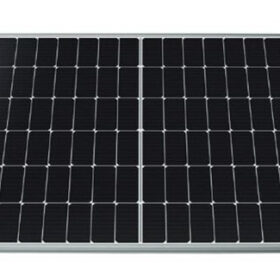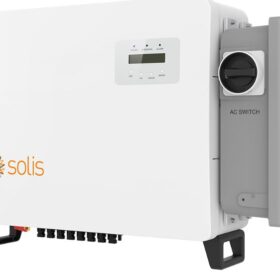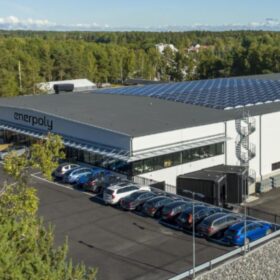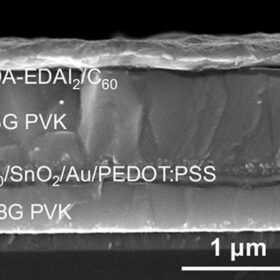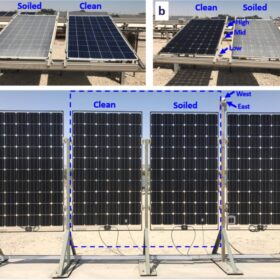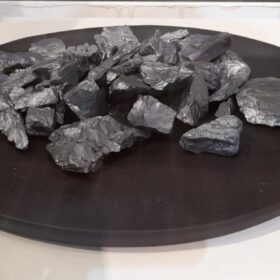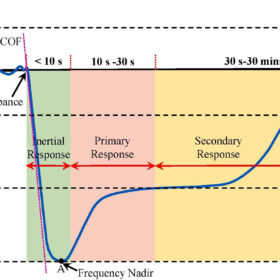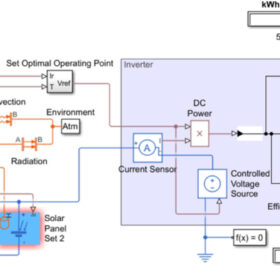Silfab launches 640 W utility-scale solar panels
The Canada-based manufacturer said its new panels have a temperature coefficient of -0.29% per C and an efficiency of up to 22.92%. They come with a 30-year power output guarantee for 89.3% of the initial yield.
Solis launches 60 kW and 125 kW string inverters
Solis has developed new 125 kW and 60 kW string inverters for the U.S. and Canadian markets, both with a maximum efficiency of at least 98.5%
US authorities detain solar modules imported from Mexico
Module manufacturer Maxeon says that US Customs and Border Protection officials have detained all of its panel imports from Mexico since July as the federal law enforcement agency investigates their compliance with the Uyghur Forced Labor Prevention Act (UFLPA).
Enerpoly opens zinc-ion battery factory in Sweden
Sweden’s Enerpoly has ambitious plans to make its 6,500m2 plant the center of global and European zinc-ion battery innovation. It is aiming for final capacity of 100 MWh annually by 2026.
All-perovskite tandem solar cell based on tin-lead perovskite achieves 28.8% efficiency
Conceived by Chinese scientists, the cell was built with new surface reconstruction strategy based on the use of 1,4-butanediamine (BDA) and ethylenediammonium diiodide (EDAI2) as surface modifiers. The device was able to retain 79.7% of its initial efficiency after 550 h.
East-west vertical PV as antidote for soiling in desert regions
New research shows that east-west-oriented vertical PV installations can significantly help reduce soiling in desert environments. The scientists found that PV power generation can be up to 9% higher in vertical systems compared to conventional arrays.
Tokuyama plans polysilicon factory in Vietnam
Japan’s Tokuyama says it will build a new polysilicon manufacturing facility in an industrial park in Ba Ria-Vung Tau province, Vietnam.
New battery sizing approach for virtual synchronous generators, control-based grid-forming inverters
A group of researchers in Australia has outlined a new methodology to determine the minimum power rating of energy storage systems (ESSs) used for emergency under-frequency response. The ESS size must be calculated to maintain the frequency within the standard operating range.
New model to identify optimal power sizing ratio for solar inverters
Researchers in Malaysia have proposed a new approach to identify the optimal power sizing ratio to balance PV energy capture with inverter costs. The calibrated model is said to accurately reflect the relationship between inverter efficiency and real-world system behavior.
Japan’s 20th solar auction concludes with average final price of $0.029/kWh
Japan has allocated 93 MW of PV capacity in its latest procurement exercise. The lowest bid for a 1.9 MW solar project came in at JPY 4.5 ($0.029)/kWh, while the average final price was JPY 6.8/kWh.

